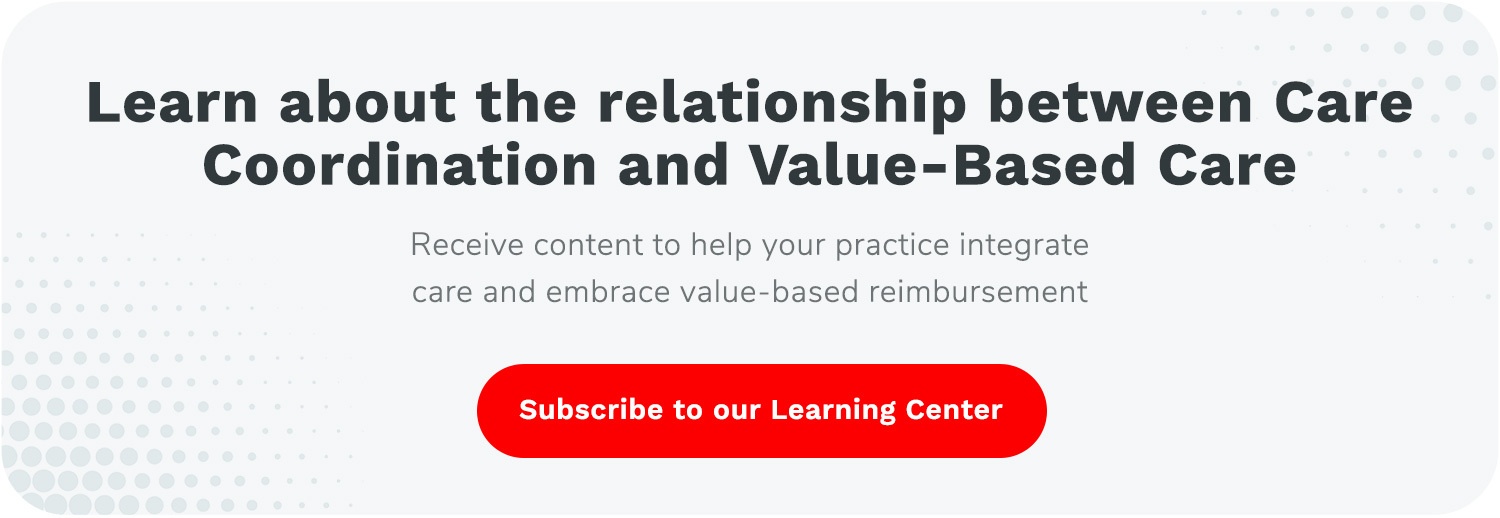Chronic Care Management | Behavioral Health Integration
How Behavioral Health Integration and Chronic Care Management Help Manage Anxiety
Managing anxiety can be overwhelming—but it doesn’t have to be. In this video, we break down how care management programs like Chronic Care Management (CCM) and Behavioral Health Integration (BHI) support patients by providing structured support, helping them adopt stress reducing techniques, and adhere to care plans.
Anxiety is a common yet often overlooked condition that can significantly impact patients’ overall health, especially when left unmanaged. Care management programs like Behavioral Health Integration offer a structured approach to supporting patients with anxiety and improving their well-being.
BHI and CCM emphasize integrating mental and physical health. Patients with anxiety often need more than medication—they benefit from strategies like stress management and lifestyle adjustments.
Untreated anxiety can lead to chronic stress, which exacerbates conditions like hypertension and heart disease. It also reduces patients’ ability to adhere to treatment plans.
Patients with anxiety often feel paralyzed by stress, making it difficult to follow treatment regimens or seek regular care, which can worsen their condition.
Programs like BHI and CCM provide structured support, helping patients adopt stress-reducing techniques and adhere to care plans, ultimately improving mental and physical health.
What you'll learn in this video:
- Effects of untreated anxiety
- Strategies patients use to manage their anxiety
- How BHI and CCM provide support for patients with anxiety
Care management bridges the gap between diagnosis and successful long-term health. Whether you're a patient, caregiver, or healthcare provider, this video offers valuable insights into how a team-based approach can make all the difference.

.png)

